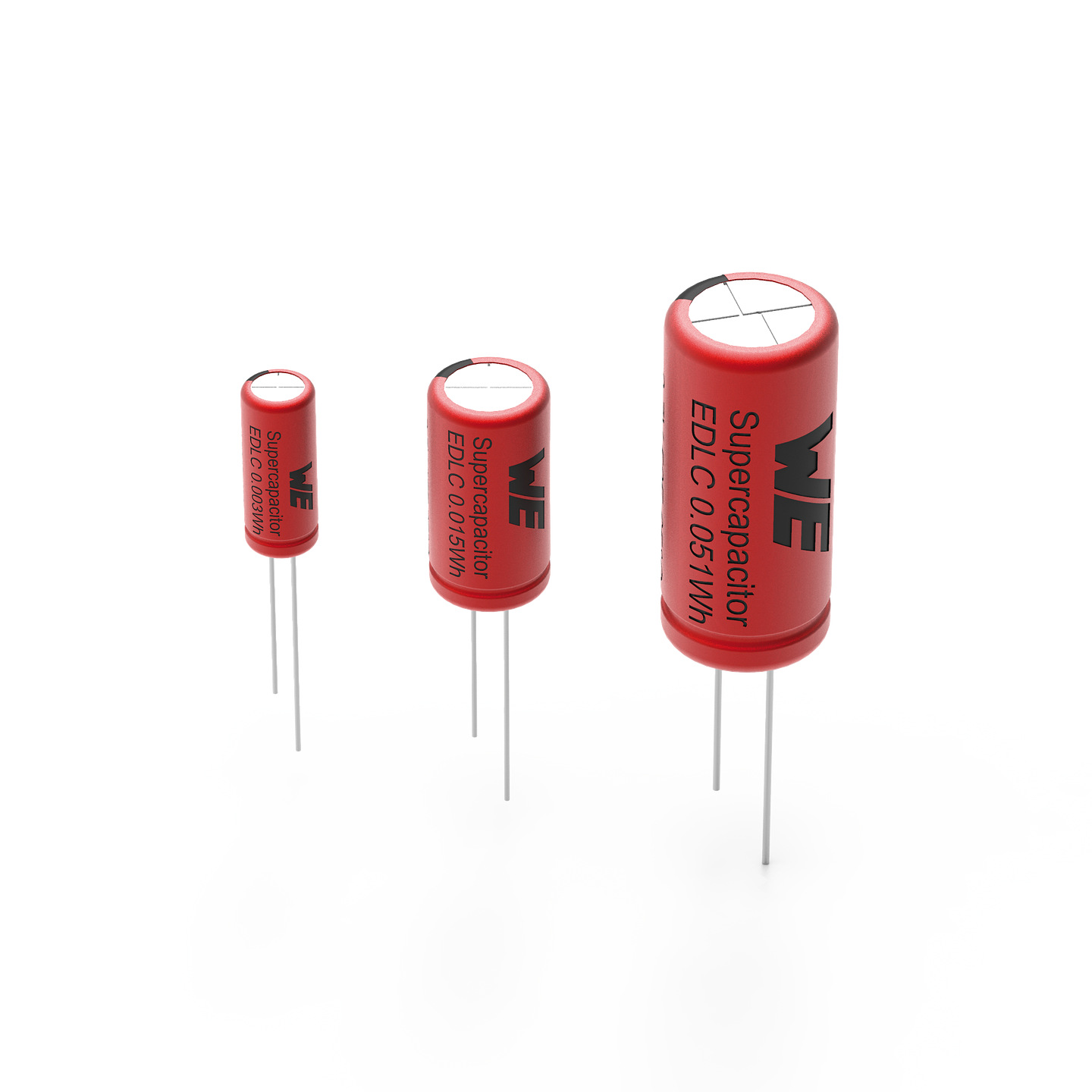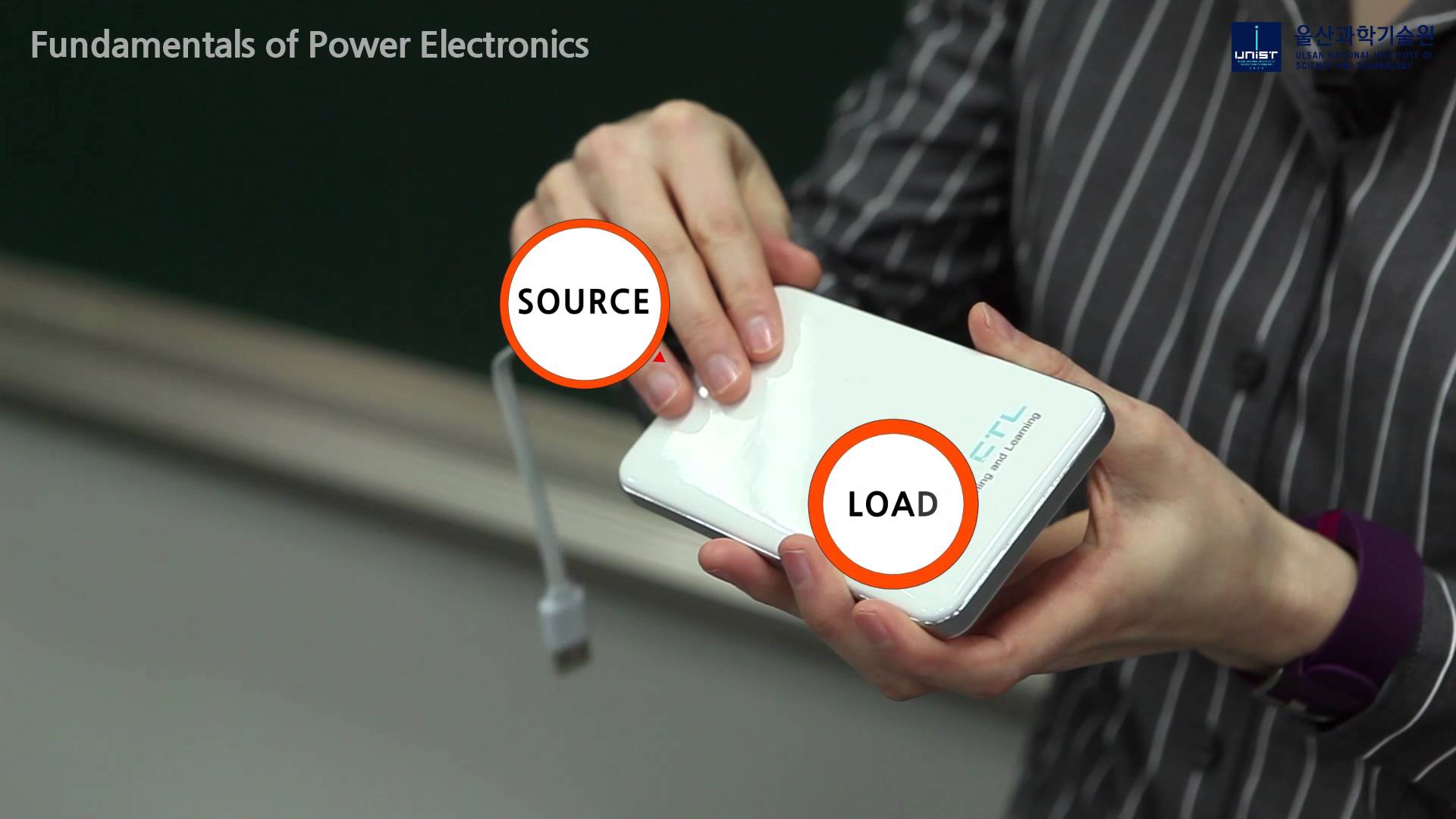Design-in support for supercapacitor applications

Under the title "Always in balance - Balancing supercapacitors", Würth Elektronik provided a new help guide for developers on its homepage. The latest publication includes experience gained from support and addresses the relative unfamiliarity of using supercapacitors. This extends the support Würth Elektronik has previously provided in the form of application notes, explanatory videos and webinars. Although supercapacitors, such as the Würth Elektronik WCAP-STSC series, essentially differ from other capacitors only in their higher energy density, they unlock completely different applications. Würth Elektronik's product management team has made it its business to assist developers, especially in the application of capacitors as energy storage devices, with concepts, selection criteria and calculation bases.
Whether preventing data loss in the event of a power failure, for critical network devices or in medical technology - supercapacitors are durable components for short-term power supply. Application Note ANP090: Keep the balance - balancing supercapacitors addresses the issue that supercapacitors normally operate at voltages of around 2.7 V. To achieve higher operating voltages, a cascade of supercapacitor cells connected in series is required. Fluctuations in capacitance and insulation resistance due to manufacturing or aging make voltage equalization (balancing) necessary. The application note by René Kalbitz, Product Manager, and Frank Puhane, Technical Engineering Leader, at Würth Elektronik eiSos for the capacitors division, covers the theoretical background, measurements and practical examples while offering various balancing concepts.
All texts and videos on the topic of supercondesators are linked on the product page WCAP-STSC. Additionally, Würth Elektronik offers the ABC of Capacitors, a technical book that provides an introduction to capacitor technology.
Additionally, Würth Elektronik offers the ABC of Capacitors, a technical book that provides an introduction to capacitor technology.



































